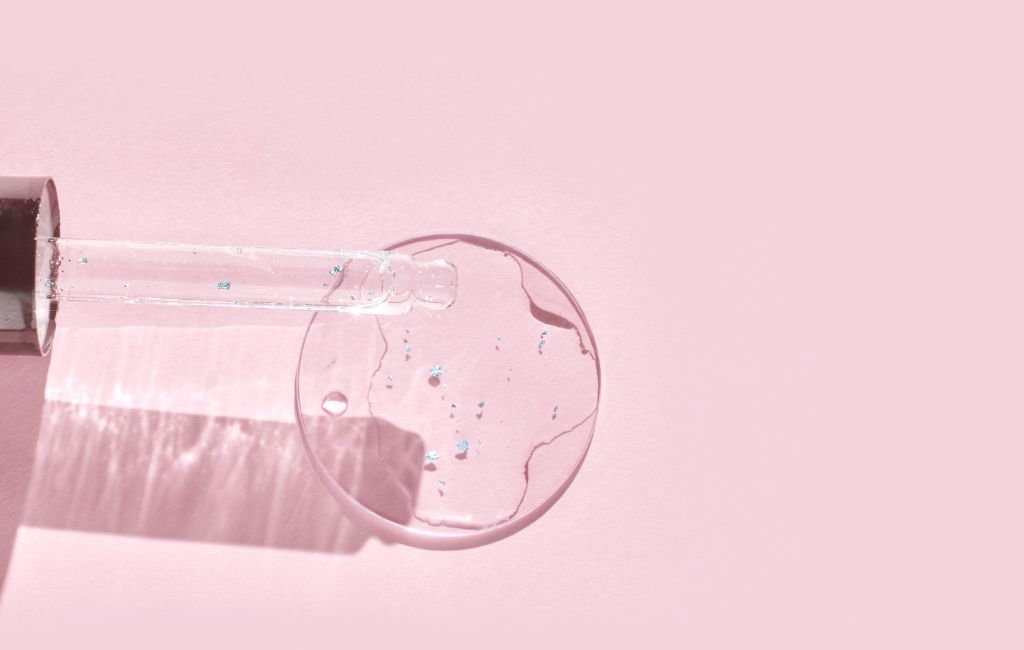The Science Behind Peptides in Wound Healing
Wound healing is a complex biological process that involves a series of coordinated events, including inflammation, tissue formation, and remodeling. Peptides, short chains of amino acids, have emerged as significant players in this process. Their ability to influence cellular activities makes them promising agents in enhancing wound repair. This article explores the scientific mechanisms through which mrpeptides.net contribute to wound healing, supported by examples and research findings.
Understanding Peptides
Peptides are composed of two or more amino acids linked by peptide bonds. They are smaller than proteins and can easily penetrate cells, making them effective in modulating biological functions. In the context of wound healing, peptides can act as signaling molecules, influencing various cellular processes such as cell migration, proliferation, and differentiation.
Types of Peptides in Wound Healing
- Antimicrobial Peptides (AMPs): These peptides play a role in the innate immune response by targeting and destroying microbial pathogens. They help prevent infections in wounds, which is critical for proper healing.
- Collagen Peptides: Derived from collagen, these peptides promote the synthesis of new collagen fibers, aiding in tissue repair and strength.
- Growth Factor Peptides: These peptides mimic the action of growth factors, stimulating cell proliferation and migration, which are vital for wound closure.
Mechanisms of Action
Peptides influence wound healing through several mechanisms. They can modulate the immune response, enhance cell signaling pathways, and promote tissue regeneration. Understanding these mechanisms provides insights into their therapeutic potential.
Modulation of Immune Response
Peptides can regulate the immune response by attracting immune cells to the wound site. This action helps in clearing debris and pathogens, creating a conducive environment for healing. For instance, AMPs not only kill bacteria but also modulate inflammation, balancing the immune response to prevent excessive tissue damage.
Enhancement of Cell Signaling
Peptides can activate specific signaling pathways that are crucial for cell migration and proliferation. Growth factor peptides, for example, bind to receptors on the cell surface, triggering pathways that lead to cell division and movement. This activity is essential for the formation of new tissue and wound closure.
Promotion of Tissue Regeneration
Collagen peptides stimulate the production of collagen, a major component of the extracellular matrix. This process is vital for providing structural support to the new tissue. By enhancing collagen synthesis, these peptides contribute to the strength and integrity of the healed wound.
Research and Case Studies
Numerous studies have demonstrated the efficacy of peptides in wound healing. A study published in the Journal of Investigative Dermatology highlighted the role of AMPs in reducing infection rates in chronic wounds. Another research article in Biomaterials discussed how collagen peptides improved the healing of diabetic ulcers by enhancing collagen deposition.
Case studies further illustrate the potential of peptides. In one instance, a patient with a non-healing diabetic foot ulcer showed significant improvement after treatment with a peptide-based gel. The wound size reduced by 50% within four weeks, showcasing the peptide’s ability to accelerate healing.
Challenges and Future Directions
Despite their promise, the use of peptides in wound healing faces challenges. Stability and delivery are major concerns, as peptides can be easily degraded in the body. Researchers are exploring various delivery systems, such as nanoparticles and hydrogels, to enhance peptide stability and efficacy.
Future research aims to develop peptide-based therapies that are more effective and accessible. Advances in biotechnology and molecular biology are expected to lead to the discovery of new peptides with enhanced healing properties.
Conclusion
Peptides hold significant potential in the field of wound healing. Their ability to modulate immune responses, enhance cell signaling, and promote tissue regeneration makes them valuable therapeutic agents. While challenges remain, ongoing research and technological advancements are paving the way for innovative peptide-based treatments. As our understanding of peptides deepens, their application in wound healing is likely to expand, offering new hope for patients with chronic and non-healing wounds.
